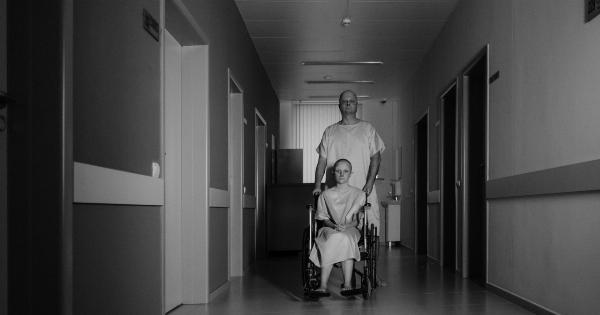Calcium is an essential mineral for the human body, and its deficiency is becoming an alarming concern worldwide.
Despite the availability of calcium-rich foods and supplements, millions of people are suffering from calcium deficiency globally, which can lead to various health problems. In this article, we will discuss the causes, symptoms, and consequences of global calcium deficiency.
Causes of Calcium Deficiency
There are various causes of calcium deficiency, including:.
- Dietary: Lack of calcium-rich foods in the diet is the primary cause of calcium deficiency. People who consume a diet low in dairy products, leafy greens, and other calcium-rich foods are at high risk.
- Medical Conditions: Certain medical conditions, such as Crohn’s disease, celiac disease, and kidney disease, can affect the absorption and utilization of calcium in the body.
- Hormonal Changes: Hormonal changes, such as menopause in women, can lead to a decrease in estrogen levels, which can result in calcium depletion from bones.
- Medications: Some medications, such as corticosteroids, can interfere with calcium absorption and utilization in the body.
Symptoms of Calcium Deficiency
The symptoms of calcium deficiency vary depending on the severity of the condition. Some of the common symptoms include:.
- Muscle Cramps and Weakness: Calcium deficiency can cause muscle cramps and weakness, which can affect physical performance and lead to fatigue.
- Osteoporosis: Calcium is essential for bone formation, and its deficiency can lead to weak, brittle bones, and increased risk of fractures.
- Dental Problems: Calcium is vital for dental health, and its deficiency can lead to weakened teeth, tooth decay, and gum disease.
- Numbness and Tingling: Calcium is also essential for nerve function, and its deficiency can lead to numbness and tingling in the fingers and toes.
- Cardiovascular Issues: Calcium deficiency can lead to high blood pressure, irregular heartbeat, and other cardiovascular problems.
Consequences of Calcium Deficiency
The consequences of calcium deficiency can be severe and can have a long-term impact on overall health. Some of the common consequences of calcium deficiency include:.
- Osteoporosis: Calcium deficiency can lead to weak bones, which can result in osteoporosis and increased risk of fractures.
- Dental Problems: Calcium deficiency can lead to weakened teeth, tooth decay, and gum disease.
- Cardiovascular Issues: Calcium deficiency can lead to high blood pressure, irregular heartbeat, and other cardiovascular problems.
- Neurological Issues: Calcium deficiency can affect nerve function, leading to numbness, tingling, and muscle cramps.
- Developmental Problems: Calcium deficiency in children can lead to delayed growth and development, as calcium is essential for bone formation.
Prevention and Treatment
The best way to prevent calcium deficiency is to consume a balanced diet rich in calcium. Dairy products, leafy green vegetables, and nuts are excellent sources of calcium.
If dietary changes are not enough, calcium supplements may be recommended by a healthcare professional.
The treatment of calcium deficiency depends on the severity of the condition. Mild cases may only require dietary changes or calcium supplements, while severe cases may require more aggressive treatment, such as medication or surgery.
Conclusion
Calcium deficiency is an alarming concern worldwide, and its consequences can be severe. Eating a balanced diet rich in calcium, coupled with regular exercise, can help prevent calcium deficiency and its associated health problems.
Seeking medical advice if you notice any symptoms of calcium deficiency is crucial to ensure early diagnosis and treatment.




























